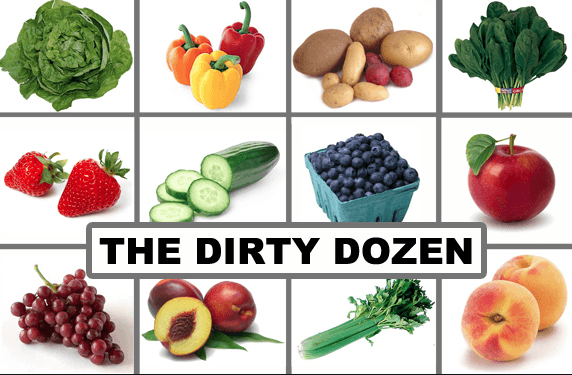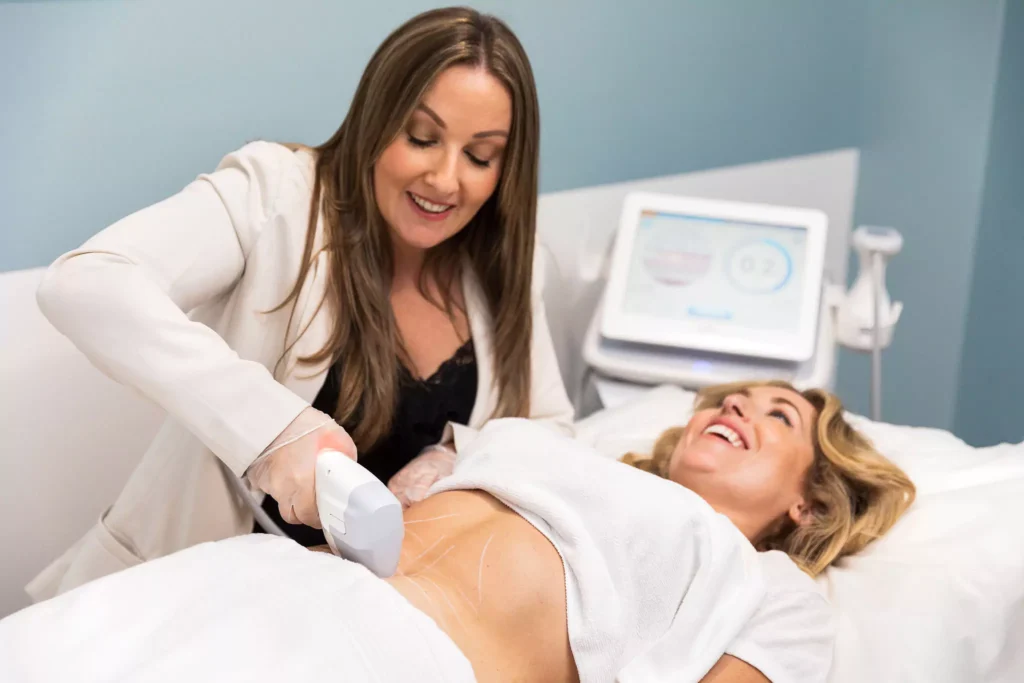
Is it worth buying organic ?

Our nutritionist Amy McKendrick sheds some light on the ‘organic’ debate…
Our nutritionist Amy McKendrick sheds some light on the ‘organic’ debate…
A question I’m asked frequently by my clients is: ”How important is it to buy Organic?”
There is a lot of conflicting opinion in the media as to the nutritional benefit (although in my opinion and from the data I have seen; the jury is out on that one: organic is certainly better, and Bio-dynamic is better still). Regardless of the data on the actual nutrient levels of organic vs. conventional, my major concern is actually the chemical residue from pesticides, fungicides, fertilisers etc; more so than whether the broccoli has 10% more or less iron… This is the real concern and this is where Organic always wins the debate; in terms of chemicals, there are none.
In an ideal world, we’d all eat nothing but naturally grown produce from our local farmer (or straight from the enormous vegetable patch in our own back yard!) everything freshly picked that day, still covered by mineral rich soil and warm from the sun … aaaah! Unfortunately, this isn’t possible for most of us city-dwellers, either is it financially viable to always buy everything organic. So I usually answer by saying that if there was a short list of what you should buy organic, if nothing else, then it should include those things that are known to be the most chemical-laced conventionally.
Recently the Environmental Working Group released their updated Short List of the Clean 15 and the Dirty Dozen; the fruits and vegetables that are very low in pesticides (clean) and those that receive and retain an awful amount of pesticides (dirty). This is a good list to keep in mind when shopping – so if you were buying mainly non-organic produce, at least try to avoid the Dirty Dozen.
The Clean 15 – Least pesticide residue found; OK to buy non-organic
- Onion
- Avocado
- Sweet corn
- Pineapple
- Mangoes
- Sweet peas
- Asparagus
- Kiwi
- Cabbage
- Eggplant
- Rockmelon
- Watermelon
- Grapefruit
- Sweet potato
- Honeydew Melon
At the other end of the scale, here are the fruits and vegetables shown to have potentially dangerous levels of pesticide residue. These are the ones to get from your organic market if possible; worth spending that little bit extra on.
The Dirty Dozen – Worst; this produce should always be purchased organic:
- (the dirtiest) Celery
- Peaches
- Strawberries
- Apples
- Blueberries
- Nectarines
- Capsicum
- Spinach
- Kale
- Cherries
- Potatoes
- Grapes (imported)
so these are the real baddies. To give you an idea on just how ‘bad’, if you’re eating non-organic celery in 2011, you could be ingesting as many as 67 pesticides with it, according to the EWG’s report. A statement issues also said : “You can reduce your exposure to pesticides by up to 80% just by buying the organic version of the Dirty Dozen”.
The only thing I’d change about this list is the mention of sweet corn on the Clean list. Aside from pesticides, non-organic corn is generally genetically-modified and heavily laden with fungicides, so I would go out of my way for organic sweet corn cobs also leafy greens; considering there is so little ‘matter’ to them in the first place, anything sprayed ‘on’ them will be all ‘through’ them (ie; you can’t peel the outer layer off).
So keep all this in mind, but in the end, just make the best choices with what’s available to you, most of the time, and always wash your produce well regardless.















